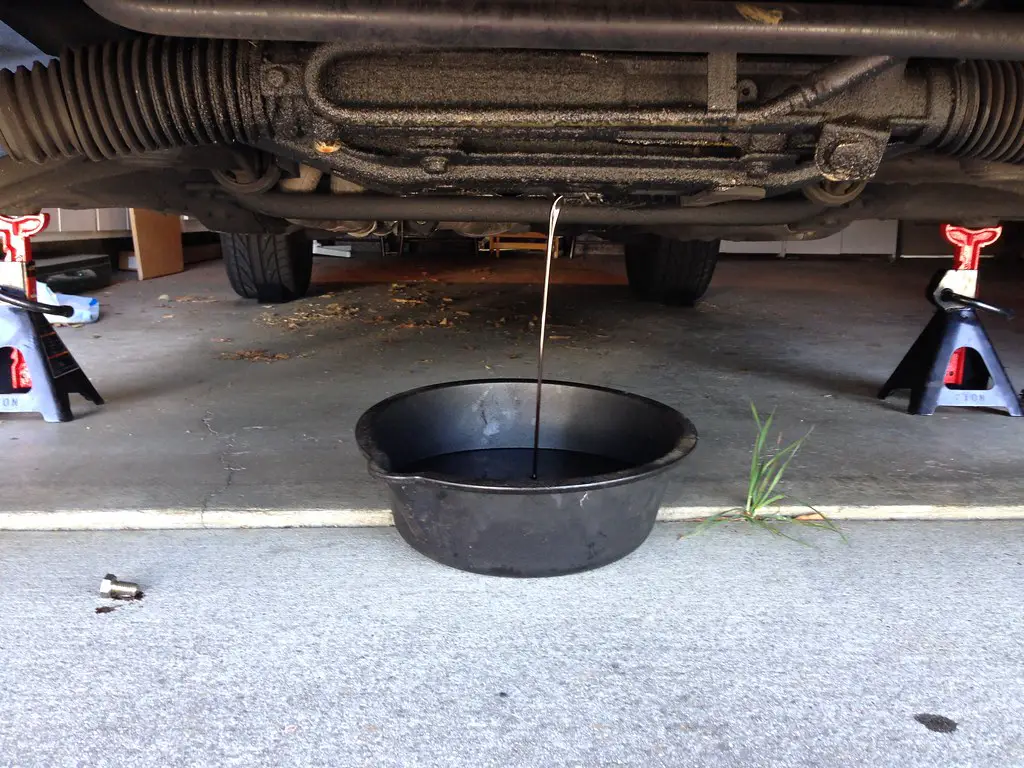Engine oil – the unsung hero of your car’s performance. You might be wondering, “How many miles can you go over an oil change?” That’s an important question, but before we dive into the specifics, let’s unravel the crucial reasons behind changing your car’s oil and how it impacts your vehicle’s health.
Why Regular Oil Changes Matter
Your car’s engine is a complex orchestra of moving parts, and engine oil serves as its conductor, ensuring everything works harmoniously. Over time, this oil gets dirty, loses its lubricating abilities, and breaks down due to the extreme temperatures and stresses it endures. Here’s why changing it regularly is paramount:
Prolonged Engine Life
Think of engine oil as your car’s lifeblood. Regularly replacing it at the right intervals can extend your engine’s lifespan beyond 100,000 miles. Delaying oil changes could lead to engine wear and, ultimately, a shorter life for your cherished ride.
Optimal Performance
Dirty or degraded oil can’t provide the necessary lubrication, causing increased friction and reduced engine performance. Fresh oil keeps your engine running smoothly, maintaining its power and efficiency.
Consequences of Neglecting Oil Changes
Neglecting timely oil changes can lead to a cascade of problems, from excessive engine wear and poor fuel efficiency to harmful emissions and potential turbocharger failure. Your vehicle’s performance, fuel economy, and environmental impact can all suffer.
Signs Your Car Needs an Oil Change
Worried about knowing when to change your oil? Look out for these signs:
- Dark and Dirty Oil: Fresh oil is amber and transparent. If it looks black and gritty, it’s time for a change.
- Louder Engine Noise: Old oil doesn’t lubricate as effectively, leading to louder engine noise or knocking.
- Warning Lights: If your oil change or check engine light is on, it’s time to pay attention.
- Unusual Smells: An oil smell inside your car could signal a leak or overheating risk.
- Exhaust Smoke: Excessive smoke from your tailpipe indicates potential issues.
- Ticking Sounds at Startup: A ticking noise during startup could mean oil issues.
- Reduced Fuel Efficiency: Deteriorated oil can hamper fuel efficiency.
- Changes in Driving Feel: If your car doesn’t drive smoothly, old oil might be the culprit.
Factors Influencing Oil Change Intervals
Understanding how many miles you can go over an oil change depends on various factors:
- Vehicle Type and Age: Newer models with advanced designs might allow longer intervals. Trucks or vehicles used for heavy loads might need more frequent changes.
- Driving Style and Conditions: Aggressive driving, frequent braking, stop-and-go traffic, and extreme weather can impact oil life.
- Type of Engine Oil: Synthetic oils often last longer than conventional ones.
- Powertrain Specifications: High-performance engines or turbocharged vehicles might require more frequent changes.
- Climate and Altitude: Hot or cold climates, as well as high altitudes, affect oil’s performance.
- Vehicle History and Use: Neglected maintenance or previous hard use can necessitate more frequent changes.
- Manufacturer’s Recommendations: Always consult your car’s manual for the best guidance.
Choosing Between Time and Mileage-Based Intervals
The age-old rule of changing oil every 3,000 miles is outdated. Modern vehicles and improved oils can go beyond that. You can choose between time-based and mileage-based intervals or even trust your car’s Oil Life Monitor (OLM) if equipped.
In Conclusion
Regular oil changes are more than just routine maintenance; they’re the key to keeping your engine healthy and performing at its best. Knowing when to change your oil involves considering various factors and adhering to manufacturer recommendations. So, remember, your car’s health and longevity depend on maintaining its oil with care and consistency.

